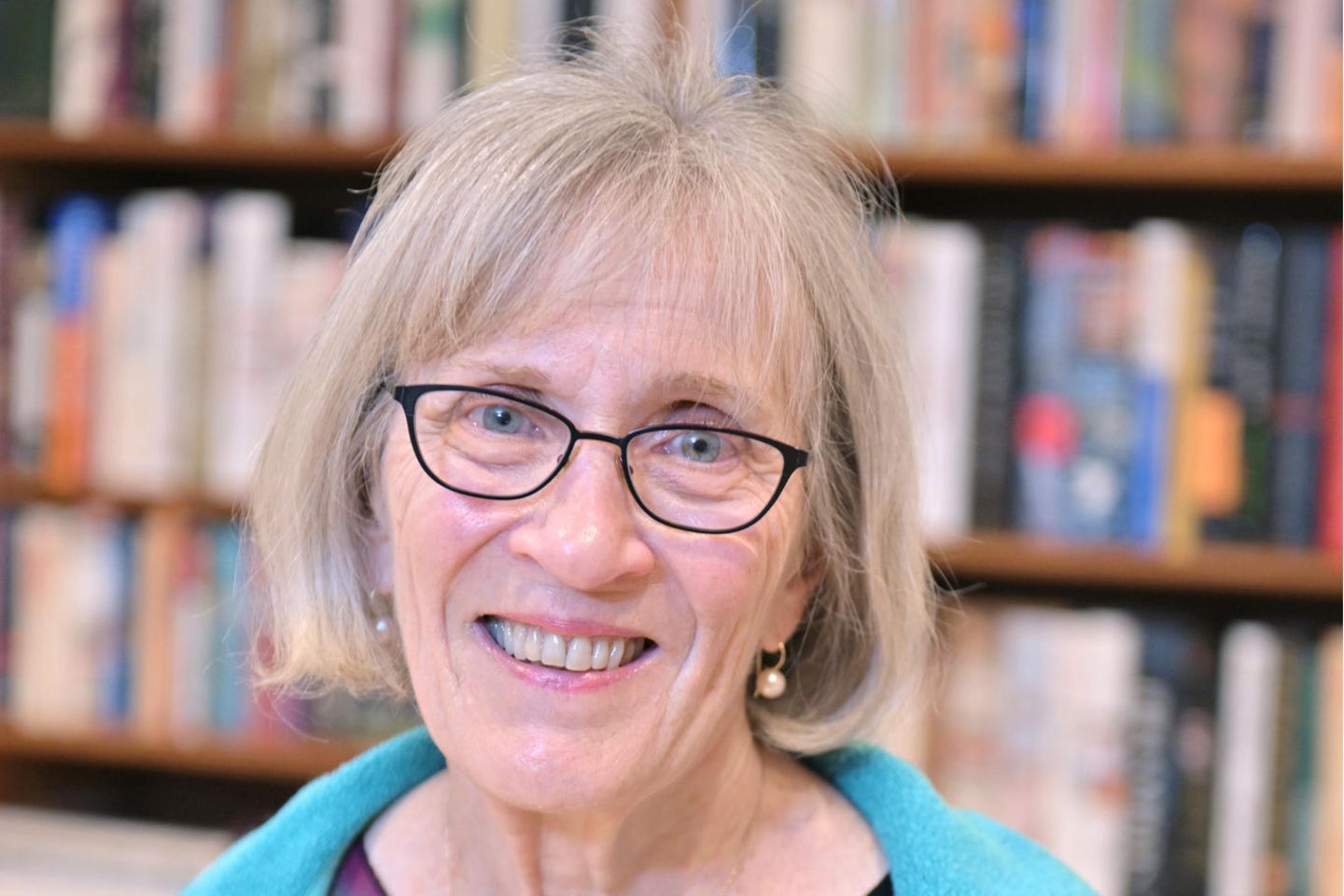Science
Nobel Prize for Claudia Goldin: Why women earn less today
© ASSOCIATED PRESS | Josh Reynolds/Picture Alliance
The American Claudia Goldin became the third woman ever to receive the Nobel Prize in Economic Sciences. Her topic: The gender differences in pay, which she has been researching for over 60 years.
She is the first woman not to share the Alfred Nobel Memorial Prize in Economics with other people. The sole winner this year is Claudia Goldin. Her area: The role of women in the world of work. A topic that she has devoted herself to for years and about which she has written several books. She has now been honored for her research, which she has been conducting in the field since the 1960s. It means a lot to her because for her the Nobel Prize would represent “big ideas and changes in the long term,” said Goldin.
According to the award-winning academy, their work could highlight factors of inequality between women and men in the world of work as well as obstacles that need to be addressed in the future.
Ups and downs in the job market
For her research, the economist analyzed US data from the past 200 years and drew conclusions about salary differences and employment rates. The result: women’s participation in the workforce does not show a steady upward trend, but rather a U-shaped curve. Married women’s labor force participation declined with the transition from an agricultural to an industrial society in the early 19th century, but then rose again with the growth of the service sector in the early 20th century, according to a press release from the Royal Swedish Academy of Sciences, which awards the prize annually. According to Goldin, this pattern can be explained by the fact that the structures have changed and with them the social norms regarding women’s responsibilities.
Women’s educational levels have continued to rise
In the 20th century, the level of education of women continued to rise and is now even higher than that of men in many high-income countries. Goldin sees one reason for this in the introduction of the pill, which opened up new avenues for women in the world of work. As far as salary differences are concerned, historically both outdated structures that often prevented women from working after starting a family and less well-paid career choices could have led to slower development. However, it turns out that the largest part of this difference in earnings between men and women today exists in the same profession and that this largely arises with the birth of the first child.
Goldin on scientific “detective work”
She always saw herself as a detective, said Goldin in an interview with “nobelprize.org”. The point is that a detective has a question that is so important that every effort is made to find a solution. “Besides, a detective always believes there is a way to find an answer. And that’s the way I’ve always done my research.”
Goldin has identified fundamental factors behind gender differences in the world of work, according to the Royal Swedish Academy of Sciences. “Their research reveals the causes of change and the primary sources of the existing gender gap,” the academy continued.
Sources used: nobelprize.org, tagesschau.de, scholar.harvard.edu
